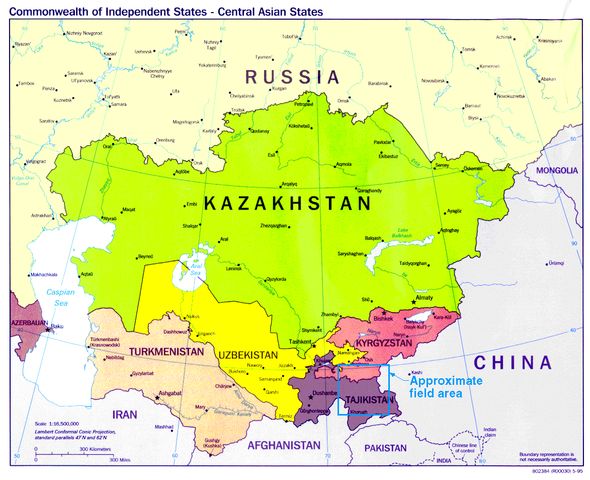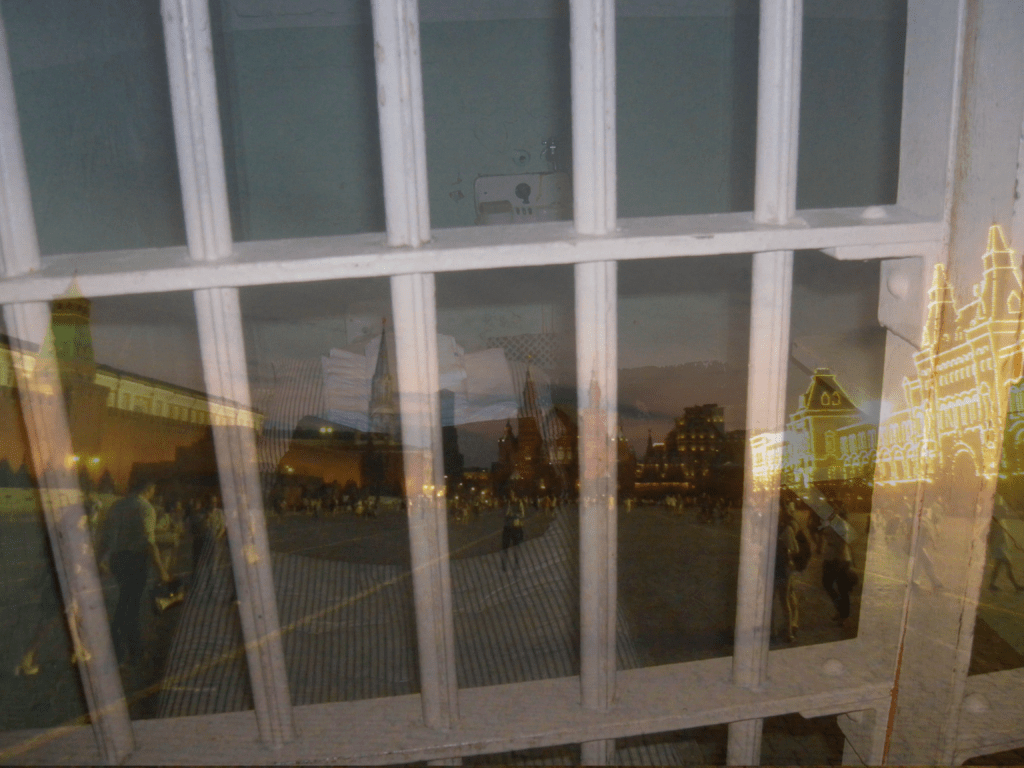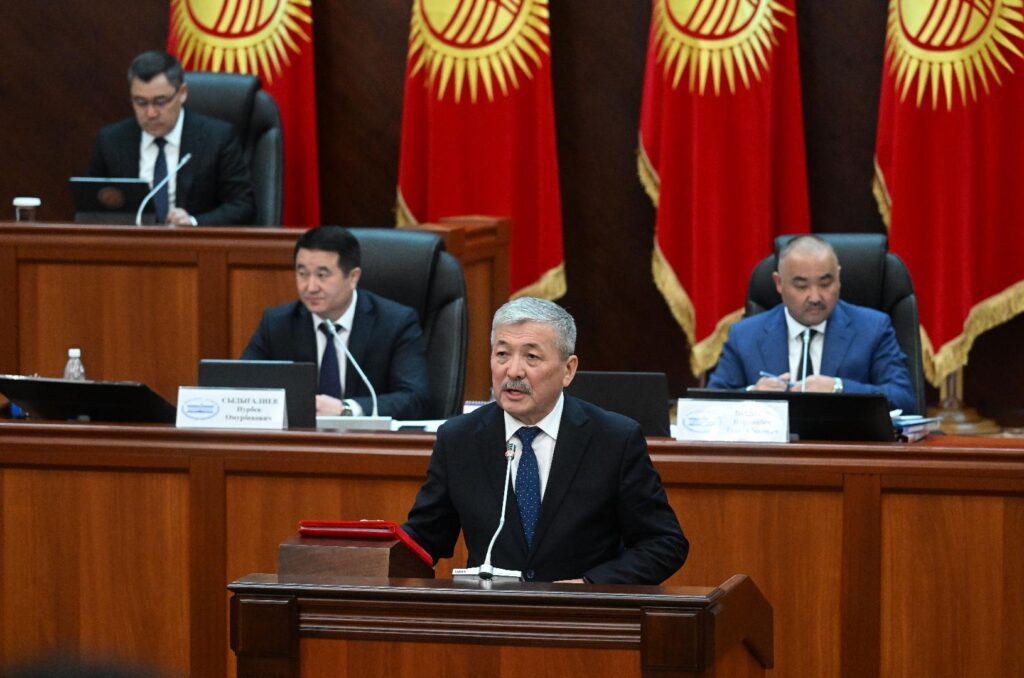LONDON (TCA) — Has the failed coup attempt in Turkey been a warning sign that its controversial head of state should behave? Or has it been an attempt by hardliners dissatisfied that he was starting to show signs of behaviour? What it has demonstrated is that a nation suffering from severe personality splits remains unpredictable and its future course, either with or without Erdoğan, unclear. For Central Asia’s regimes, it means that they have to remain on the alert on all levels while keeping their heads cool.
For sure President Erdogan with his authoritarian attitude was asking for trouble – and now that he got it he should not be too surprised. Given the fact, at least according to Russia Today and other news reports, that the first thing Erdogan did after hearing the news was asking Germany for political asylum, he may have expected something like this to happen. Today politicians of whatever tendency, mainly in Central Asia’s unstable political environment, should analyse Erdoğan’s adventurous life, now having almost turned into a misadventure.
Events predicted
The recent event has been predicted for quite some time. In late March this year, Newsweek posted an article by former Pentagon official Michael Rubin which read: “There is a broad sense, election results notwithstanding, that President Recep Tayyip Erdoğan is out of control. He is imprisoning opponents, seizing newspapers left and right and building palaces at the rate of a mad sultan or aspiring caliph. […] Turks—and the Turkish military—increasingly recognize that Erdoğan is taking Turkey to the precipice. […] So if the Turkish military moves to oust Erdoğan and place his inner circle behind bars, could they get away with it? In the realm of analysis rather than advocacy, the answer is yes.”
Recent history is not without precedent in this regard. Following the “regime change” in Egypt in the midst of the Arab Spring, one of Erdoğan’s closest friends and allies Mohammed Morsi, came to power. What most observers tended to forget was that Morsi represented the so-called Ikhouan el-Muslimyn, the much-feared Muslim Brotherhood centered in Saudi Arabia and responsible for numerous terrorist attacks including the murder of Egypt’s President Anwar el-Sadat. Morsi ended up in prison for the rest of his life, with the army, the core power base of El-Sadag and his successor Hosni Mubarrak, whom Morsi failed to send to the scaffold, firmly in control.
Unreliable partnership
As far as it concerns the Turkish president his past actions cast doubt about his reliability, with his open courting of Daesh and related organizations, in the recent past supporting them and giving a free pass to foreign fighters and any one supporting them. It is clear that the strategy was to get rid of the two things he hated most: Syria and the Kurds. Then, he turned his wrath against Israel, Egypt and recently Russia, risking a confrontation that would have been a disaster for Turkey. After a recent total U-turn in an attempt to look more serious and less impulsive towards the world, Daesh hit back targeting the airport of Istanbul. The result has been that neither friend nor foe will ever trust him. In other words: Recep Erdoğan wanted so much to be a key player on the international political chessboard that he forgot to learn the rules.
Illusion of a ‘velvet spring’
What Erdoğan had in mind back in 2014 was the illusion of a “velvet spring” for Turkey taking after Morsi’s rise to power. This would have resulted in a rapprochement towards Saudi-dominated fundamentalists in the guise of a civil regime. What happened this weekend, however, should put that scheme off the agenda. In particular opposition blocs in Parliament have sent a clear message to both Erdoğan and the world.
Turkey’s largest private news outlet Hürriyet wrote following the stranded putsch that “Nationalist Movement Party (MHP) leader Devlet Bahçeli phoned to Prime Minister Binali Yıldırım after news broke, expressing his party’s support to the democracy and free will of the people”.
The message to Erdoğan could hardly have been clearer: you have been lucky this time – you may not be as lucky next time if you do not behave. This could also be read between the lines of Russia’s PM Dmitriy Medvedev in his immediate comment: “What has happened shows that within the society and the army of the Turkish Republic there are very powerful, deep contradictions that have led to all these events. Time will show what will happen next.”
Kazakhstan: foiled coup points at high places
In early June this year, Kazakh security forces unveiled what prosecutors were to dub a “coup plot” led by a businessman of doubtful reputation from the country’s far south named Tokhtar Tuleshov, engaged in large-scale food and beverage trade and industry and property not just in Kazakhstan but in nearby Kyrgyzstan and Uzbekistan as well.
Tuleshov had a number of high-ranking officials as companions, including former First Deputy Prosecutor General, former member of the Constitutional Council Ilyas Bahtybayev, former chief of South Kazakhstan Region Police Department Maj. Gen. Hibratulla Doskaliyev, former First Vice Chief of South Region Police Department Col. Saken Aitbekov, and two commanders of military bases, Col. Bekzat Zhumin and Col. Kairat Pernebayev. The company is thought to have been behind protests against land reforms in Kazakhstan as well as the terror attack in Aktobe by a murderous gang of perpetrators whose motives remained unclear until Tuleshov was exposed.
Kyrgyzstan: another ‘revolution’ averted
Little earlier, Kyrgyzstan became the scene of conspiracy. In late March this year, three ringleaders, namely Bektur Asanov, former governor of the southwestern province of Jalalabad, Kubanychbek Kadyrov, the head of an extra-parliamentary but legal political faction called Chyndyk, and Ernest Karybekov, at the time of his arrest just described as “opposition activist”, were arrested and held for investigation.
Accusations were based on tapped telephone conversations between the three, in which they discussed a plan to gather a multi-thousand crowd for a kurultay (people’s assembly) in front of the House of Parliament in Bishkek in spring. Information obtained from the detainees must have led to the identification of an organisation calling itself “People’s Parliament” and the arrest, a month later, of its initiator and leader. This was Bekbolot Talgarbekov, a former agriculture minister, who was detained along with a former judge called Marat Sultanov and a former presidential candidate named Torobay Kolubayev.
Testimonies eventually led to the identification of Dastan Sarygulov as the brain behind the scheme. Sarygulov used to be at the helm of the state gold mining and trade company Kyrgyzaltyn, a position he allegedly used to pick handsome profits from illegal gold sales in the margin. In 2005, he (unsurprisingly) became State Secretary (responsible for the country’s ideology) under Kurmanbek Bakiev following the latter’s coup. He was arrested in mid-June this year, and the entire group is now awaiting trial.
What recently happened in Kazakhstan and Kyrgyzstan demonstrates that if the Turkish coup may have failed, it does give people bad ideas.









